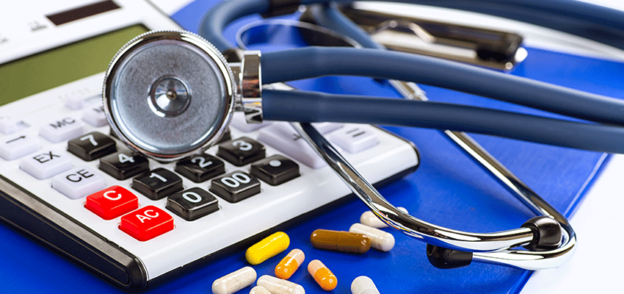January 2017 will see a campaign encouraging people to have a “dry” January, meaning no alcohol for an entire month. Millions will be joining the commitment in order to slow down on drinking, lose weight and have a little extra cash in their wallets. Even making such a seemingly small step is showing big results. According Medical News Today:
You might think that quitting the drink for just 31 days is unlikely to have a big impact on health, but many participants who take part in Dry January report better sleep, increased energy, and weight loss.
Most importantly, abstaining from alcohol for 1 month may encourage a reduction in alcohol intake in the longer term. A study published in the journal Health Psychology in March found that people who took part in Dry January showed a decrease in alcohol consumption over the subsequent 6 months.
Alcohol takes a toll on the brain, liver, pancreas, and increases your chances for cancer; not to mention, alcoholism is a serious and dangerous addiction that can lead to death. The British organization Alcohol Concern has popularized this event and even has a webpage dedicated to helping participants in Dry January with tools, facts and even a downloadable app.
If you are motivated to quit drinking Medical News Today has put together a great list of tips on helping you set alcohol aside.
…these tips from the NIAAA can help you get started:
-
Monitor how much you are drinking: the NIAAA recommend carrying a drinking tracker card, allowing you to track every alcoholic beverage consumed
-
Set a goal: do you want to give up alcohol completely, or just limit alcohol intake to once or twice a week? Set yourself a goal of how much you want to drink and when. The NIAAA recommend having some alcohol-free days
-
Avoid drinking “triggers”: if you are more likely to drink around certain people or environments, try to avoid such scenarios
-
Learn to say “no”: it can be hard to turn down a drink when offered one, especially on special occasions, but the NIAAA recommend having a polite “no, thank you” at the ready. The organization’s module on building drink refusal skills may help
-
Pace yourself: aim to consume no more than one standard alcoholic beverage per hour when drinking, sip it slowly, and make every other drink a nonalcoholic one such as water or juice
-
Avoid drinking on an empty stomach: eating food alongside an alcoholic beverage means that the alcohol will be absorbed into the bloodstream more slowly.
It is recommended if you have any concerns with giving up drinking, to speak with a physician. At the Wickenburg Community Clinic our physicians can work with you and any health concerns you may have to create a realistic plan for you.
Have a safe and happy holiday season.
Photo courtesy of AlcoholConcern.org




